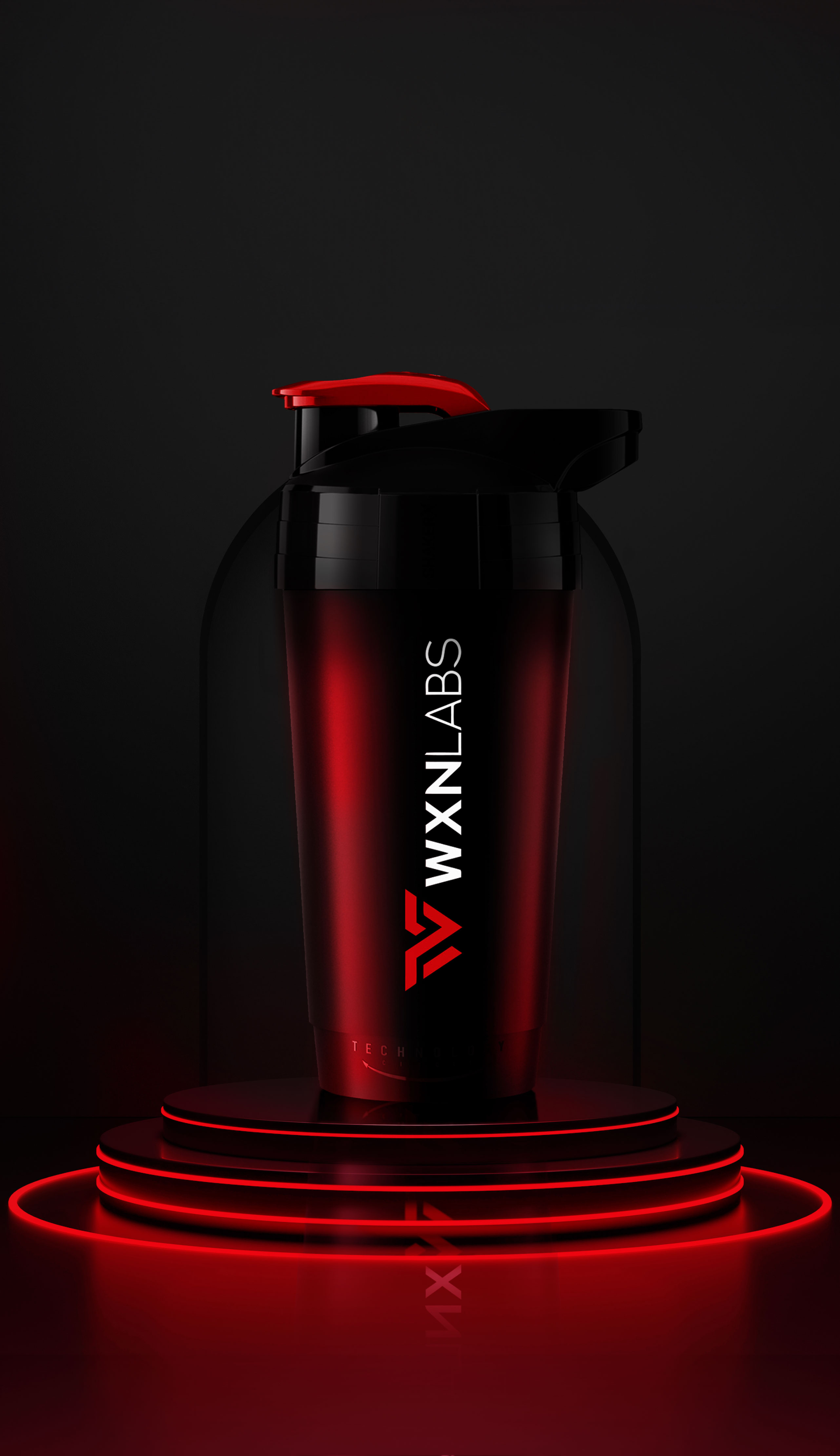Spis treści:
You can read a lot about caffeine on the web.
It is attributed with amazing properties, but the most basic is stimulation.
Not surprisingly, many people reach for caffeine products when they need a boost of energy, a boost or an extension of mental and physical activity.
When following weight-loss diets, caffeine is often included as an ingredient that can reduce appetite.
Is this actually the case, and can taking caffeine supplements, drinking coffee or energy drinks actually reduce appetite?
And what is actually the effect of caffeine on morning appetite?
Cappuccino, white coffee, black coffee, espresso, americano or maybe caffe latte?
And what kind of coffee do you prefer in the morning?
No matter which type you reach for, it has caffeine content (unless you prefer decaffeinated coffee).
And although doctors don’t recommend drinking it on an empty stomach, many people just start each day with coffee.
There’s a lot of talk about whether caffeine actually reduces appetite, and if not, what effect it has on it.
As various studies show, yes, caffeine does suppress appetite, but for a very short time.
And while actually drinking coffee in the morning, or taking caffeinated supplements, can help reduce the intake of a larger, more caloric breakfast, but without the right approach and a sincere desire to do so, in a while, when the effect of caffeine wears off, we can easily compensate for the caloric balance.
Caffeine in supplementation
If you’re looking for a stronger caffeine boost or a reduction in morning appetite, then it’s worth reaching for dietary supplements with caffeine, as these are the ones with a higher, better absorbed dose of it.
Moreover, caffeine in supplementation can provide additional benefits, namely:
-stimulate the body to derive energy from fat,
-reduce the effects of training felt in the muscles,
-raise the body’s temperature, which translates into a faster metabolism.
Caffeine is most often found in supplements for athletes, but it is not uncommon to see it in the ingredients of popular supplements for concentration or stimulation as well.
Caffeine in the diet
Don’t drink coffee or take caffeine supplements?
This does not at all mean that it is missing from your diet.
Daily meals or accompanying drinks can inconspicuously provide us with this substance in our bodies.
One of its varieties is theine, a caffeine derived from tea.
In addition, caffeine can also be found in cocoa, and by extension, chocolate.
It is also found in energy drinks or carbonated drinks like cola.
Caffeine in the diet has a major effect on stimulating the central nervous system, which makes it considered a psychoactive agent.
It is also not a good source of nutritional value.
However, a reasonable dose of caffeine should not adversely affect health, especially if supplied with naturally derived ingredients (or balanced, properly selected supplements).
Coffee instead of a meal
Myths about the slimming or appetite-restricting properties of coffee result in many people turning to the caffeinated beverage instead of breakfast or another meal to stimulate, satiate and at the same time restrict calories.
It is worth noting that coffee with added milk or cream, from a low-calorie drink, can actually become a meal, but it is by no means a full-fledged dish with amazing properties.
A healthy appearance, slim figure and well-being are not the result of caffeine intake.
It is due to an optimal, balanced diet, rich in vegetables, fruits, protein, healthy fats and composed to provide the right calories for a particular body.
With the right approach, caffeine, whether in coffee, tea, chocolate or dietary supplements, can stimulate the daily functioning of the body, also curb cravings.
However, nothing can replace a rational approach to nutrition and maintaining life balance.








